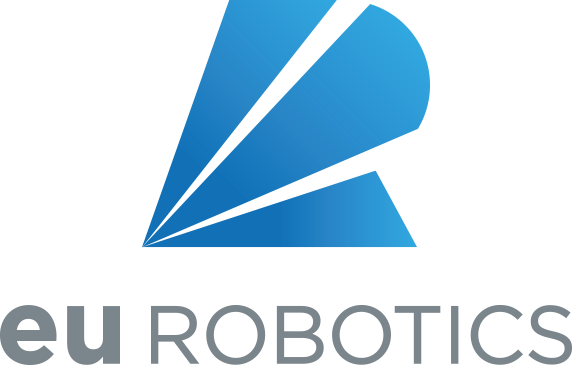You can find below the recording of the 𝐞𝐮𝐑𝐎𝐁𝐈𝐍 – 𝐀𝐝𝐯𝐚𝐧𝐜𝐢𝐧𝐠 𝐂𝐨𝐠𝐧𝐢𝐭𝐢𝐨𝐧-𝐄𝐧𝐚𝐛𝐥𝐞𝐝 𝐓𝐫𝐚𝐧𝐬𝐟𝐞𝐫𝐚𝐛𝐥𝐞 𝐄𝐦𝐛𝐨𝐝𝐢𝐞𝐝 𝐀𝐈 webinar held on September 18, 2023
Description:
Robotic agents that can accomplish manipulation tasks with the competence of humans have been one of the grand research challenges for artificial intelligence (AI) and robotics research for more than 50 years. However, while the fields made huge progress over the years, this ultimate goal is still out of reach. I believe that this is the case because the knowledge representation and reasoning methods that have been proposed in AI so far are necessary but too abstract. In this talk I propose to address this problem by endowing robots with the capability to internally emulate and simulate their perception-action loops based on realistic images and faithful physics simulations, which are made machine-understandable by casting them as virtual symbolic knowledge bases. These capabilities allow robots to generate huge collections of machine-understandable manipulation experiences, which robotic agents can generalize into commonsense and intuitive physics knowledge applicable to open varieties of manipulation tasks. The combination of learning, representation, and reasoning will equip robots with an understanding of the relation between their motions and the physical effects they cause at an unprecedented level of realism, depth, and breadth, and enable them to master human-scale manipulation tasks. This breakthrough will be achievable by combining leading-edge simulation and visual rendering technologies with mechanisms to semantically interpret and introspect internal simulation data structures and processes. Robots with such manipulation capabilities can help us to better deal with important societal, humanitarian, and economic challenges of our aging societies.
𝐌𝐢𝐜𝐡𝐚𝐞𝐥 𝐁𝐞𝐞𝐭𝐳 is a professor for Computer Science at the Faculty for Mathematics & Informatics of the University Bremen and head of the Institute for Artificial Intelligence (IAI)

